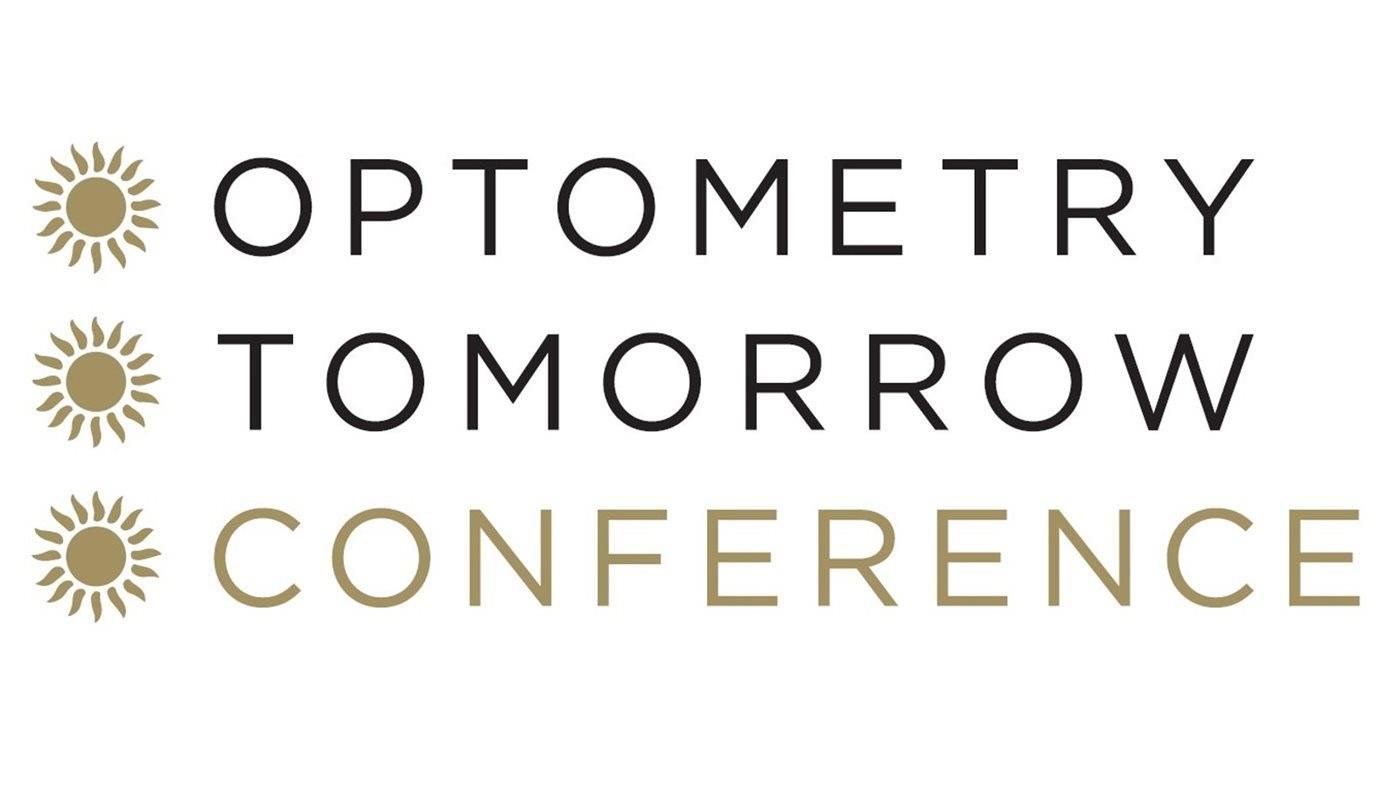LECTURE
1 CPD
Communicating with patients with special needs
About the session
CPD ref: C-107772
Description
Communication is key to all successful eye examinations, and we are probably all highly skilled in preparing patients for elements of the eye exam, explaining outcomes and advising on management. However, the language we use when addressing our typical patients may be entirely inappropriate for patients with special needs, who may not have the same understanding of language, and whose experiences and expectations may be very different. The presenter has worked in eye care provision for patients with special needs for 40 years, and will discuss the main issues in examining and managing patients whose communication styles are different from the norm. She will challenge delegates to explore ‘optometric’ language and its diverse meanings, suggest ways of using simple language, discuss the importance of body language and gestures, and introduce some simple signs.
Target audience
- Optometrist
- Dispensing optician.
Domains and learning outcomes
Clinical practice
s.7 Conduct appropriate assessments, examinations, treatments and referrals
- Able to adapt approaches to the eye examination to suit a person with LD
- Understands the challenges of subjective refraction techniques and the importance of objective techniques when examining a person with LD.
Communication
s.2 Communicate effectively with patients
- Understands the ambiguity of terms we use in optometry and able to amend language accordingly
- Able to adapt communication to include appropriate gestures, signs and body language for patients with special needs.
Speaker

Dr J Margaret Woodhouse OBE PhD MCOptom

Dr J Margaret Woodhouse is a Senior lecturer in the School of Optometry & Vision Sciences at Cardiff University.
She set up the first primary care eye clinic dedicated to patients with special needs and introduced the topic of Special Needs Optometry to the undergraduate curriculum. Maggie’s speciality in research and clinic is children with Down’s syndrome, and the clinic attracts patients from all over the UK and beyond.
Maggie’s work was recognised in the Birthday Honours list 2014 with an OBE, by the AOP with a Lifetime Achievement Award in 1915 and by a Queen’s Anniversary Award in 2018. At home Maggie looks after her precious dog, two fish tanks and a beehive, and embraces the concept of rewilding in her ridiculously large garden.
